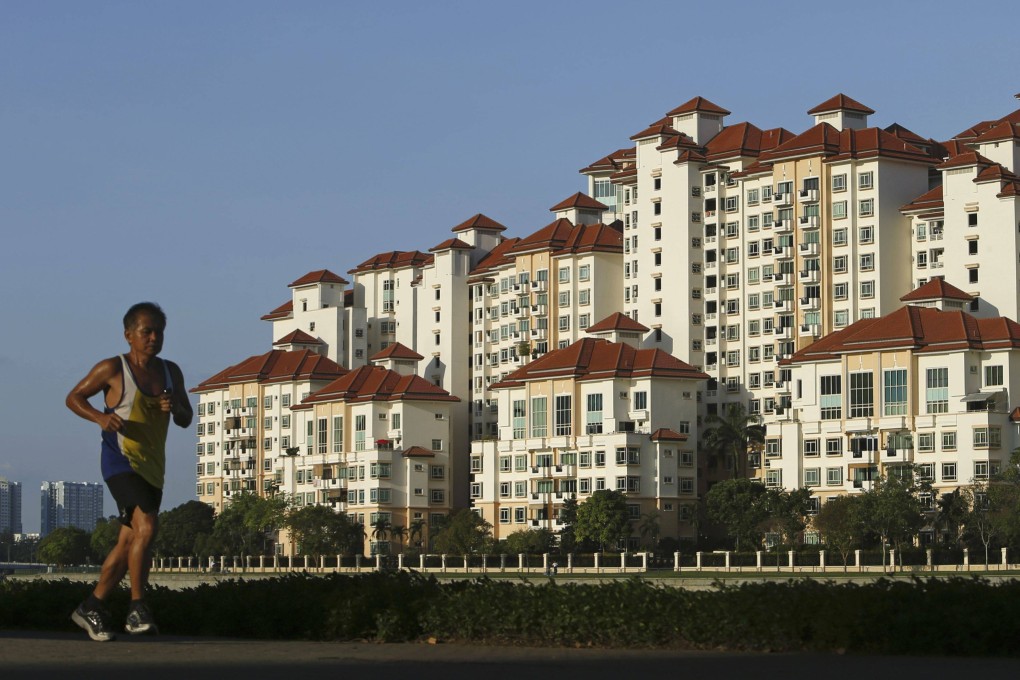Abacus | As Singapore and Hong Kong residents grapple with inflation and rising interest rates, is it better to rent or buy?
- While it’s difficult to time the market, there’s also no guarantee that home prices will definitely cool
- If you’re already struggling to pay today’s mortgage rates, it may be wiser to hold off your purchase until you are in a stronger financial position

As inflation hits and the world faces a recession, today’s aspiring homeowners are struggling more than ever to get on the housing ladder.
People are in a quandary as to whether to buy a house now, or to rent and hold off buying until house prices come down. But unless you’re confident about catching the bottom of the property cycle, it is incredibly difficult to time the market. On the other hand, there’s also no guarantee that home prices will definitely come down.
History has also shown that real estate prices typically rise in inflationary periods, especially alongside strong economic growth and a declining land supply.
Whether to buy or rent will ultimately boil down to a combination of factors and each individual’s circumstances.

Higher inflation and interest rates will make it more expensive to buy and finance a home.
As interest rates rise, this will translate into higher mortgage rates for homeowners and potential buyers. Owners with a large outstanding loan will find themselves having to pay even more each month.
